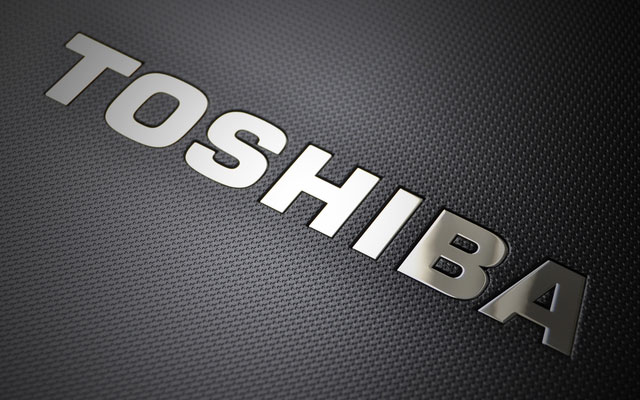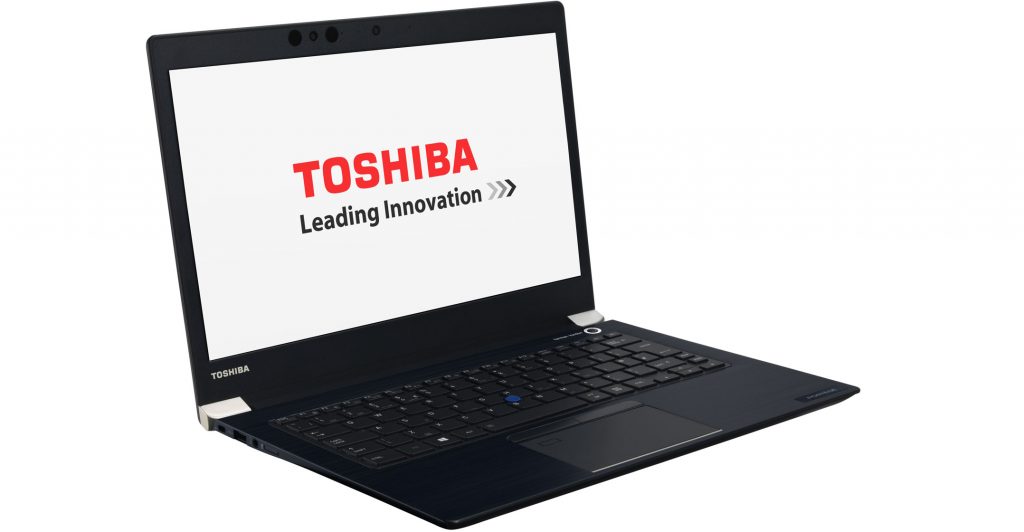
Toshiba warned on Tuesday about its ability to continue as going concern as it finally reported earnings for the third quarter, without getting auditor approval.
The Japanese company had previously missed two deadlines for giving results as it grapples with billions of dollars in losses at its Westinghouse Electric nuclear power business.
Toshiba posted an operating loss of ¥576,3bn (US$5,2bn; R72,5bn) for the nine months ended 31 December and said it had negative shareholders equity of ¥225,6bn at the end of the period, according to an earnings statement that wasn’t cleared by auditor PricewaterhouseCoopers Aarata. CEO Satoshi Tsunakawa will address the media at 6.45pm in Tokyo.
Toshiba has been at odds with its auditors over internal controls at its Westinghouse nuclear unit. The company has said it uncovered reports of “inappropriate pressure” internally to push through the acquisition of a US construction firm specialising in building atomic plants. Toshiba’s inability to report earnings had raised speculation of a possible delisting from the Tokyo Stock Exchange and pushed the shares 20% lower this year.
“The situation at Toshiba continues to make a mockery of TSE listing rules, as authorities have done their best to allow it as much time as possible for its auditors to approve its” third-quarter results, Amir Anvarzadeh, head of Japanese equity sales at BGC Partners in Singapore, wrote in a note prior to the announcement. “We think TSE will continue to remain supportive.”
Toshiba has missed financial filing deadlines even before the current crisis. The company pushed back earnings announcements twice amid an accounting scandal in 2015, delaying the release by about four months. In theory, there is no limit on how many times the company can request an extension.
Even if Toshiba clears these hurdles, there is a longer-term threat to stakeholders. The nuclear business writedown has pushed Toshiba’s liabilities beyond its level of assets. If the company can’t reverse the situation in the fiscal year just ended, it could face demotion to the second section of the Tokyo Stock Exchange. That would in turn force an automatic selloff by some index funds. If the situation persists for two straight years, it will be delisted.
Toshiba has responded by putting its prized memory chip unit up for sale and is narrowing down a list of bidders. Taiwan’s Hon Hai Precision Industry Co, South Korea’s SK Hynix and chip maker Broadcom have all submitted preliminary bids for the Toshiba business valued at 2 trillion yen or more, people familiar with the matter have said. Hon Hai has indicated it may pay as much as 3 trillion yen, in part to force Japanese management into negotiations, said one of the people, asking not to be identified because the matter is private.
In the meantime, Toshiba has sought additional financial support from banks, offering stock holdings and real estate as collateral to lenders.
“Toshiba could move back into solvency depending on how it proceeds with the Toshiba Memory sale,” Credit Suisse Group’s Tokyo-based analysts Hideyuki Maekawa and Yoshiyasu Takemura wrote in a report. “We think the only major risk remaining is a possible delisting.” — (c) 2017 Bloomberg LP




